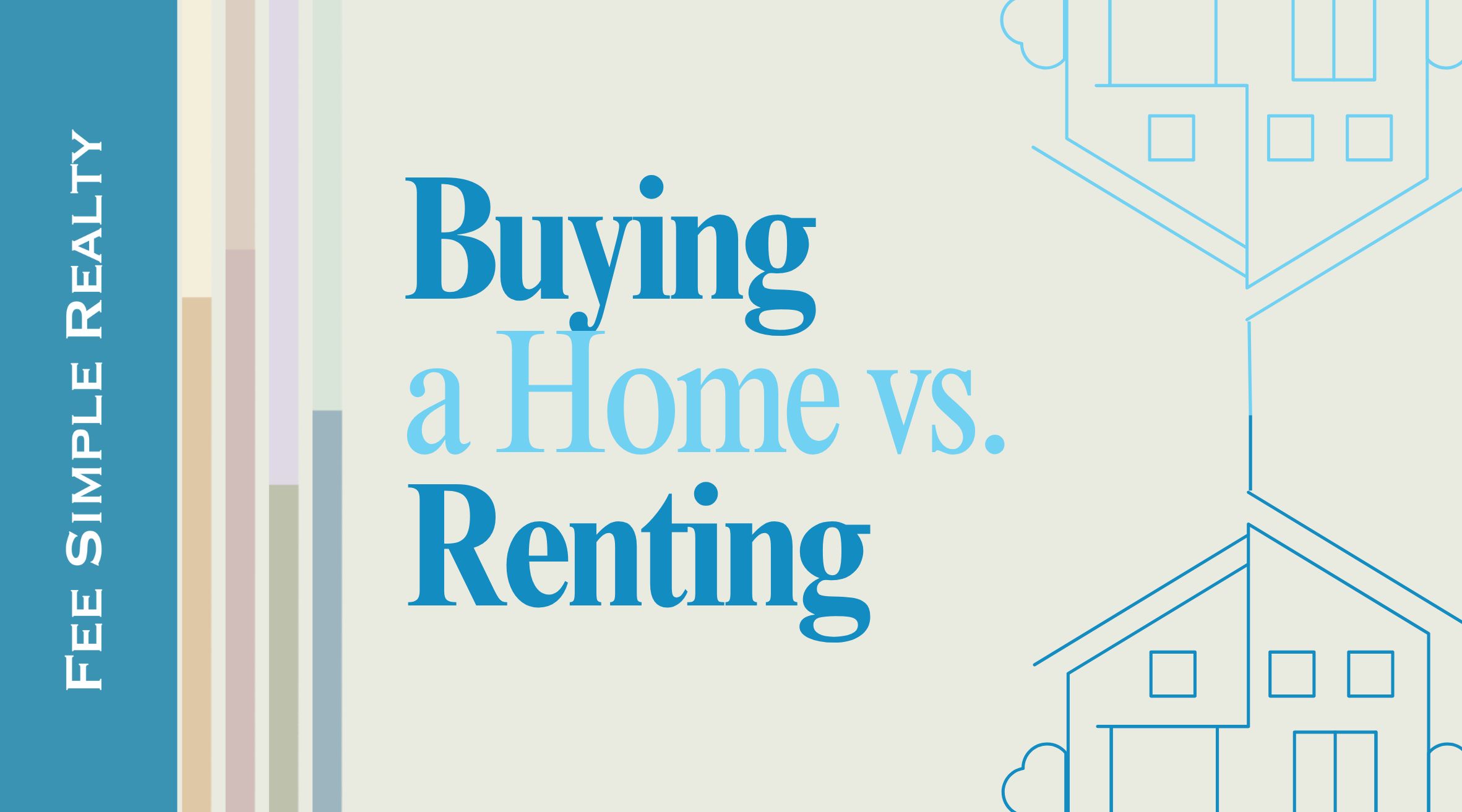Buying a Home vs. Renting: Which One Actually Makes More Sense?
For many people, the debate between buying and renting feels never-ending. Some say owning a home is the smartest financial decision, while others argue renting offers more freedom. The truth? It depends on your goals, lifestyle, and finances. Let’s break down the pros and cons so you can decide which makes the most sense for you.
Overview: The Key Differences in Buying a Home vs. Renting
Key Points:
- The Upfront Costs: What You Pay to Get Started
- Monthly Payments: Mortgage vs. Rent
- Equity and Long-Term Investment
- Flexibility vs. Stability
- Maintenance and Responsibilities
Detailed Breakdown: Should You Rent or Buy?
1. The Upfront Costs: What You Pay to Get Started
Buying a home requires more upfront costs, while renting typically has lower initial expenses.
In-Depth Analysis:
When you buy a home, you’ll need to cover a down payment, closing costs, and moving expenses. The typical down payment ranges from 3% to 20%, depending on the loan type. Renting, on the other hand, usually requires just a security deposit and first month’s rent.
Example or Tip: If you don’t have enough savings for a down payment and closing costs, renting might be the better short-term choice.
2. Monthly Payments: Mortgage vs. Rent
Renters pay monthly rent, while homeowners pay a mortgage, which may be lower but includes taxes and insurance.
In-Depth Analysis:
Rent payments tend to be predictable, but they increase over time based on the market. A fixed-rate mortgage keeps payments stable, but homeowners also have to factor in property taxes, homeowners insurance, and maintenance costs.
Example or Tip: If you plan to stay in one place for more than five years, a mortgage may be more cost-effective than renting, especially in a rising rent market.
3. Equity and Long-Term Investment
Homeownership builds wealth over time, while renting does not.
In-Depth Analysis:
One of the biggest advantages of buying is that your mortgage payments contribute to equity, meaning you’re building ownership in a valuable asset. Renting, however, means your money goes to a landlord, not toward your own financial future.
Example or Tip: If you plan to live in an area long-term, buying allows you to build equity and wealth instead of paying for someone else’s investment.
4. Flexibility vs. Stability
Renting offers flexibility, while buying provides stability.
In-Depth Analysis:
Renting is ideal if you expect to relocate within a few years, need job flexibility, or aren’t sure where you want to settle. Buying, however, provides long-term stability, tax benefits, and the freedom to customize your living space.
Example or Tip: If you move frequently for work, renting gives you the flexibility to relocate without the hassle of selling a home.
5. Maintenance and Responsibilities
Renters leave repairs to the landlord, while homeowners handle their own maintenance.
In-Depth Analysis:
When renting, major repairs and maintenance costs are the landlord’s responsibility. Homeowners, on the other hand, need to budget for repairs, lawn care, and potential renovations.
Example or Tip: If you’re not ready for the responsibility of handling maintenance and unexpected costs, renting might be the better option.
Conclusion
Buying a Home vs. Renting is not a one-size-fits-all decision. If you want flexibility and minimal responsibilities, renting may be the better choice. But if you’re ready to build equity and settle into a home long-term, buying is the smarter financial move. Evaluate your goals, finances, and lifestyle to decide which path makes the most sense for you.
Contact us today or visit our Instagram | Facebook .

great post
great stuff, can you do more on property taxes?